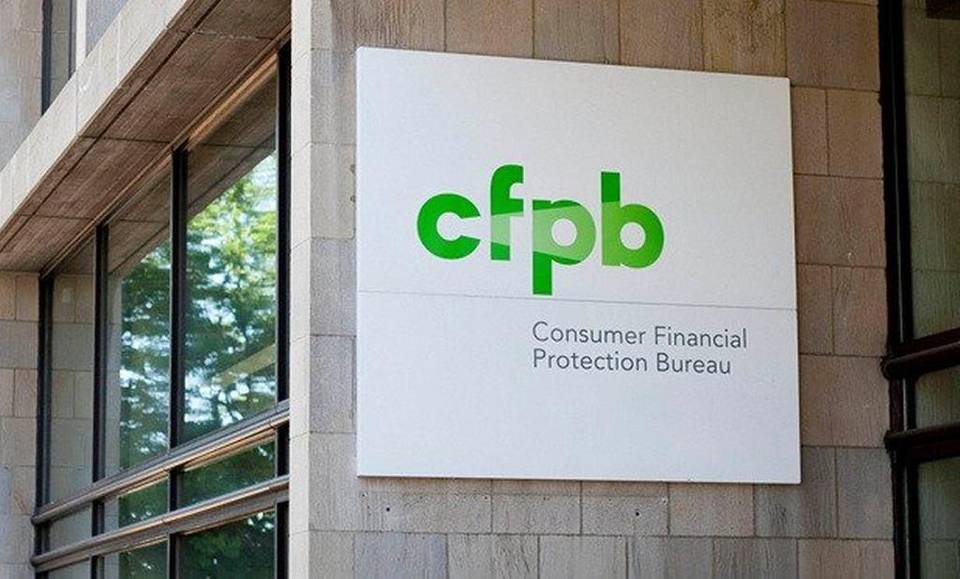A new report from the Consumer Financial Protection Bureau (CFPB) has found that 15 million Americans still have medical bills on their credit reports despite changes by the major credit reporting agencies.

All told, more than $49 billion in outstanding medical bills is in collections, the CFPB found. The analysis is the second of the bureau into changes made by Equifax, Experian and TransUnion to reduce the number of medical bills on credit reports. The report comes on the heels of the CFPB starting a new rulemaking that will consider options to restrict the reporting of allegedly unpaid medical bills on credit reports, the agency said.
“Experian, Equifax, and TransUnion took steps to remove many medical bills in part because of the recognition that they hold little predictive value,” said CFPB Director Rohit Chopra. “Findings from our latest research reveal the impact of these changes and the need for further reforms.”
In March 2022, the CFPB found an estimated $88 billion in medical bills on Americans’ credit reports. Following the release of that study, the three credit reporting companies said they would no longer report certain medical bills in collections, and that they would increase the time before medical bills in collections can appear on credit reports from 6 months to a year. Additionally, the companies said they would stop reporting medical bills that had been in collections but were resolved, and that they would remove medical bills for less than $500 from credit reports.
The report also found that the number of people with medical bills in collections fell to 5 percent in June 2023, down from 14 percent in March 2022. Older Americans saw the largest improvement, down to 3 percent in June 2022 compared to 8.4 percent in March 2022.
For the 15 million Americans with medical bills on their credit reports, the report found that many live in low-income communities and in the southern part of the country. The average medical balance on credit reports increased from $2,000 to over $3,200. And the report found that most medical collection balances stayed on credit reports.